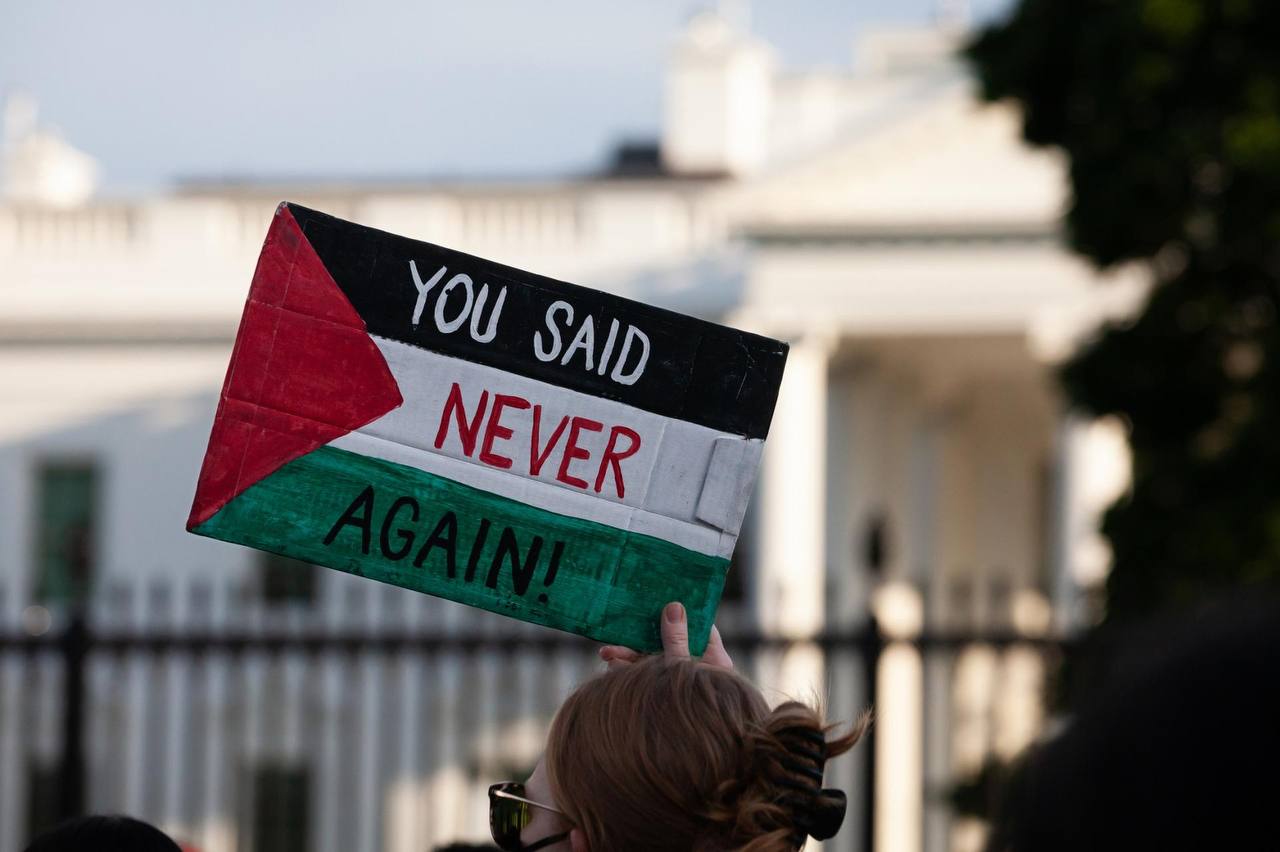Biden and the Rafah Challenge
Rafah and Red Lines
Biden and the Rafah challenge: Unconditional support for Israel divides Democrats, harms Biden’s campaign, and undermines the rules-based international order that the United States claims it wants to defend.
Which resulted in 45 civilian casualties and more than 200 injured with severe burns, including a large number of children. Israel says the whole incident was a tragic accident and not a deliberate political attack. According to John Kirby’s statements, it seems the White House is willing to believe this narrative.
Also because if they did not, and declared that Benjamin Netanyahu’s government had exceeded the limit imposed by Washington, they would have to act according to what they promised. This will not happen, and despite international criticism and protests, Israel is increasing its military attacks and, according to part of today’s American press reports, is using U.S.-made munitions.
Increasing Discontent Among Democrats
Five months before the November presidential elections, unconditional support for Israel’s war cabinet is splitting the Democrats’ base and the U.S. government from within.
White House statements are moderated by the resignation of several State Department and Defense Department officials who increasingly feel uncomfortable with their superiors’ policies. The latest in chronological order is Stacy Gilbert, a representative of the State Department’s Bureau of Population, Refugees, and Migration.
In an email to her staff, she explained that this decision is directly linked to a disputed report stating that Israel has not obstructed aid distribution to Gaza.
This report concludes that Israel’s assurances that it does not violate U.S. or international laws are credible, contrary to warnings issued by the UN and major international organizations.
Gilbert, who has these concerns, stated in her note that she believes Israel deliberately prevents aid from reaching civilians in Gaza.
Discontent is not limited to Democrats. In U.S. states where primaries are ongoing, the percentage of voters casting uncommitted votes is rising, just like the fear that Biden’s support for Israel could benefit Trump in the November vote.
A Deadly Embrace
Declaring a red line without enforcing it not only exposes governments to accusations of double standards but also puts them in a position of weakness.
While calls for a ceasefire are increasing in other parts of the world, Washington seems increasingly isolated. Last week, Norway, Ireland, and Spain broke the reluctant European front by officially recognizing the existence of a Palestinian state following the Rafah attack. Josep Borrell, the High Representative for Foreign Affairs in Brussels, announced that he intends to assess the cooperation agreement between the EU and Israel, which underpins the Jewish state’s trade agreements with 27 European countries.
In nearly eight months of conflict, the United States has actively protected Israel from a harsh reckoning over the consequences of the Gaza war. As Israel alienated and distanced international public opinion, Washington tried to downplay South Africa’s charges in the International Court. This court last week ordered Israel to end its military attack on Rafah when Karim Khan, the chief prosecutor of the International Court of Justice, asked the judges to issue arrest warrants for senior Hamas officials and Israeli leaders, accusing them of war crimes and crimes against humanity. The U.S. Secretary of State threatened to sanction this court.
A Blurred Line
In early May, for the first time since the conflict began, the United States delayed a shipment of heavy bombs to Israel due to disagreements over Rafah. This action, followed by Biden’s words, ‘If the Israelis enter Rafah, I won’t give them weapons,’ had raised hope that Washington might finally reconsider its unconditional support for Israel. This optimism soon faded after several officials confirmed armored support for Israel, and the White House approved the transfer of $1 billion in weapons to its ally.
Israel receives at least $38 billion in military aid from the United States each year, and last month Biden signed an additional $14 billion in aid to the country. With the worsening horror in Gaza, several observers say it is now clear that the Biden administration, despite statements against the Rafah invasion and repeated requests for Israel to ensure civilian support, does not intend to change course.
Perhaps Biden’s concerns about the Palestinians, along with the port they were building along the Gaza coast, have vanished. This is a joke circulating on several social accounts at this time, referring to a floating dock built by the United States on the Gaza coast to supply food to the heavily embargoed Gaza Strip, which cost hundreds of millions of dollars and was closed just weeks after opening because it was damaged by a sea storm.
Today, The Guardian, in a sharp editorial, claims that more than the port, it is their reputation that the United States should be concerned about. The decision to side with Israel in this manner risks undermining the rules-based international order that America claims it wants to defend.
It could be argued that nothing better than the floating dock built by the United States to deliver humanitarian aid that the people of this strip desperately need could represent the failure of U.S. policy in Gaza.
With a cost of over $300 million, it is currently inactive due to damage from recent storm waves.
Among aid that doesn’t reach, red lines like those of Rafah that are violated with impunity, and a complete inability to prevent Israel’s military response, which now seems to have turned into an unspecified revenge, Biden sees his credibility eroding both domestically and internationally.
And given the growing criticism from Democratic voters of Israel, this country risks paying a heavy electoral price in November.

